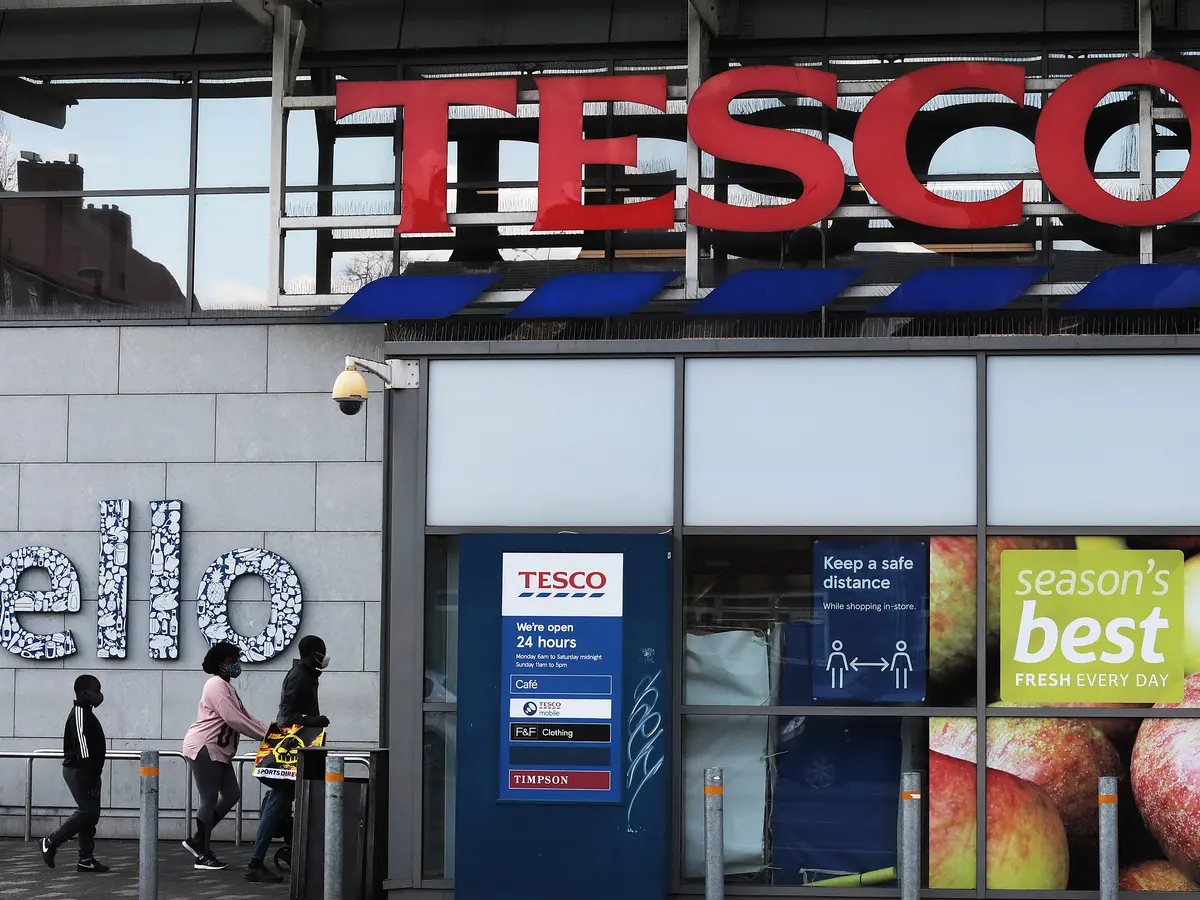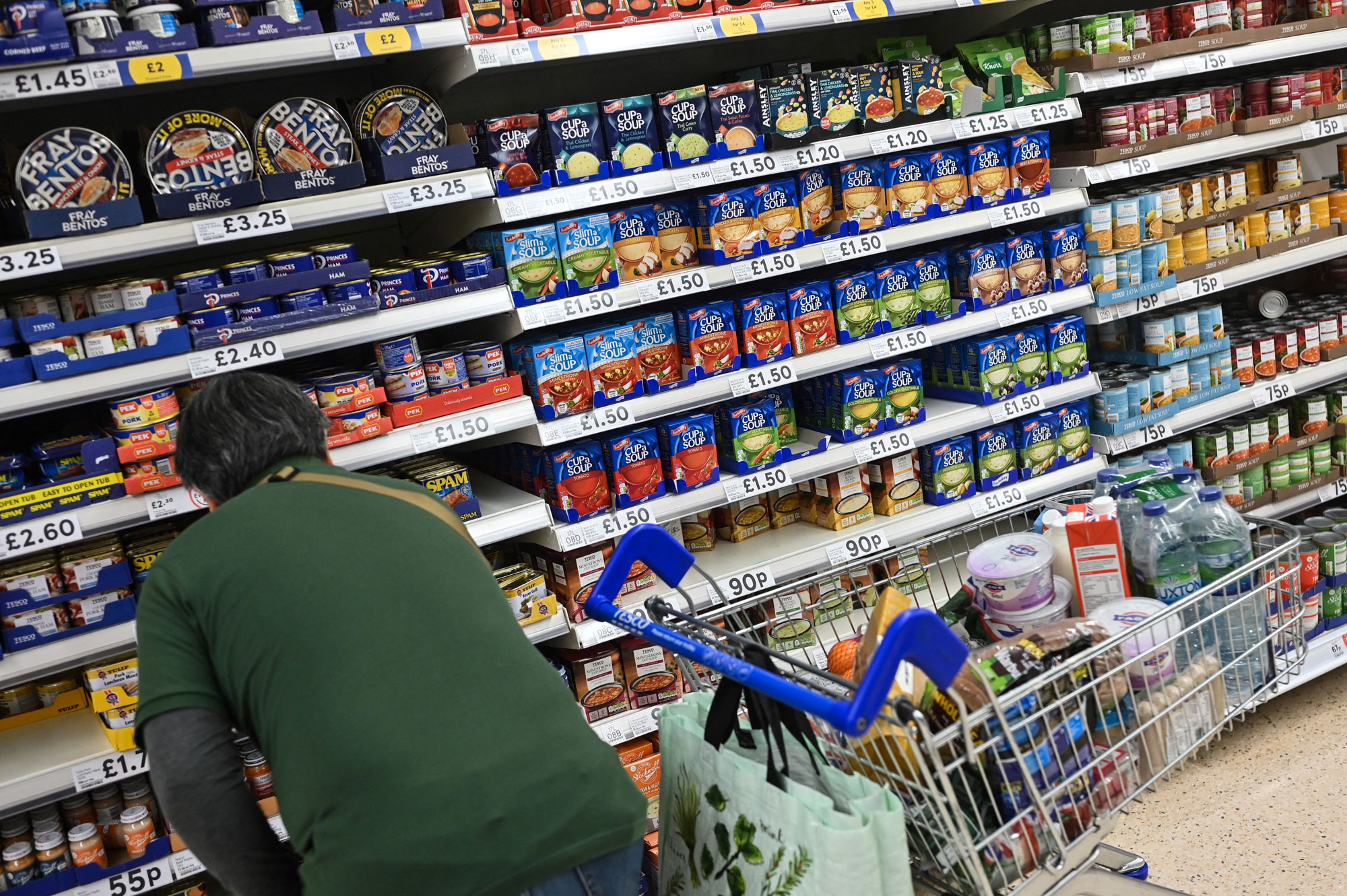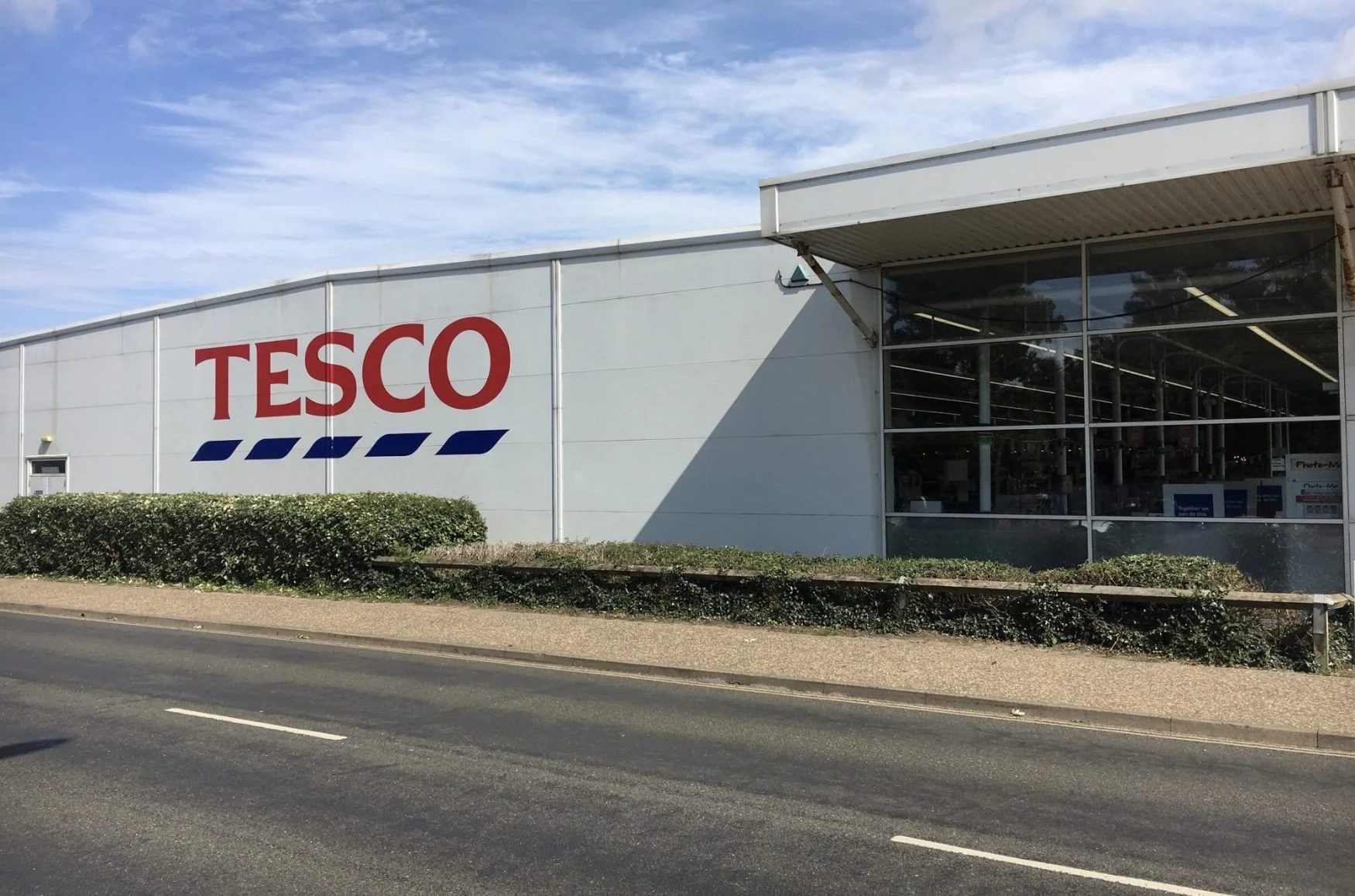Village shop owners are raising concerns over Tesco’s pricing strategies, alleging that the supermarket chain consistently sells products at lower prices in its stores compared to its wholesale business, Booker. This disparity has reignited worries about Tesco’s dominance in the UK’s grocery market.
Since Tesco acquired Booker in 2017 for £3.7 billion, promising benefits for both shoppers and independent retailers, many shop owners who rely on Booker for supplies claim that a significant portion of the products stocked by the wholesaler are cheaper on Tesco’s shelves.
Out of a list of 50 items compiled from invoices and online order screenshots, approximately a quarter were found to be less expensive at Tesco, including items available through Tesco’s Clubcard Prices discount scheme.

Examples cited include Innocent orange juice, Rubicon sparkling mango juice, seedless grapes, and iceberg lettuce, all of which were priced lower at Tesco than at Booker.
Additionally, many products sold at independent shops are marked with prices higher than those at Tesco, limiting choice for retailers at Booker.
Independent shopkeepers voice their frustration, highlighting significant price differentials, particularly during promotions and loyalty discount periods. Despite expectations that Tesco’s takeover of Booker would leverage combined buying power for mutual benefit, shop owners note that pricing remains largely unchanged.
Some retailers report a worsening situation since Tesco’s acquisition of Booker, with the supermarket offering cheaper prices and better stock availability.
Tesco’s influence extends to pricing disparities between its Clubcard offers and Booker’s wholesale rates, further exacerbating the situation for independent retailers.
Booker defends its pricing strategy, emphasizing its competitiveness and commitment to serving retail customers.

The company asserts that it continually strives to offer the best prices, availability, and range to support retailers’ businesses. However, independent retailers remain dissatisfied with the pricing discrepancies and the impact on their operations.
While Booker benchmarks its prices against other wholesalers, with the aim of undercutting competitors, Tesco’s supermarket arm has no involvement in setting wholesale prices.
Despite ongoing concerns, the UK’s competition watchdog has not indicated whether it will intervene to examine the grocery wholesale market.
In addition to pricing issues, village stores have raised complaints about Tesco’s cash-and-carry arm squeezing them out of business by restricting supplies and deliveries.
Changes introduced by Booker, including reductions in product range and delivery reliability, have added to the challenges faced by independent retailers, prompting some to seek alternatives.







Leave a Reply